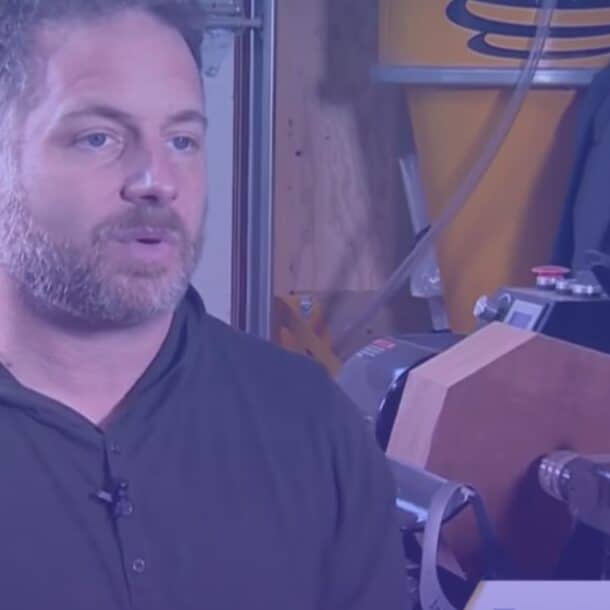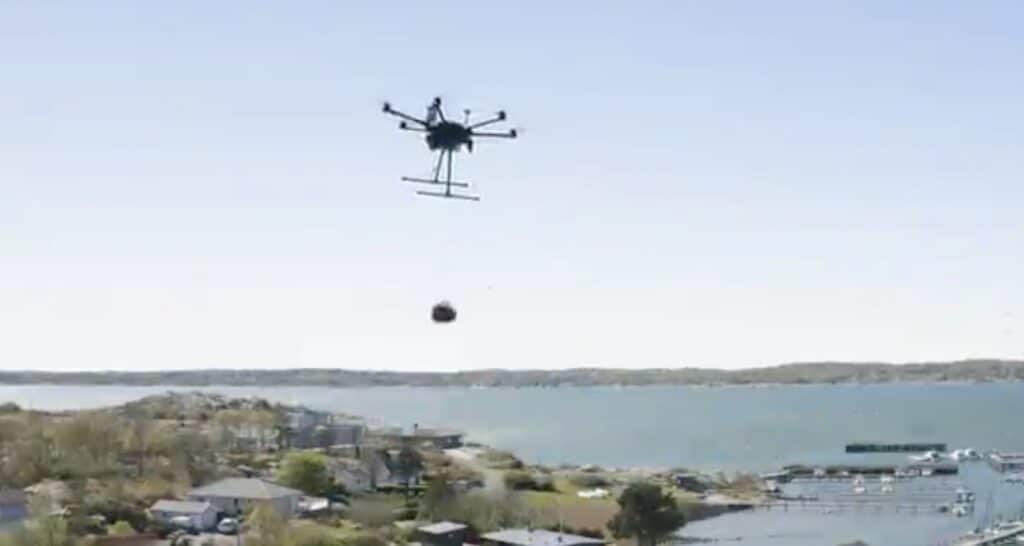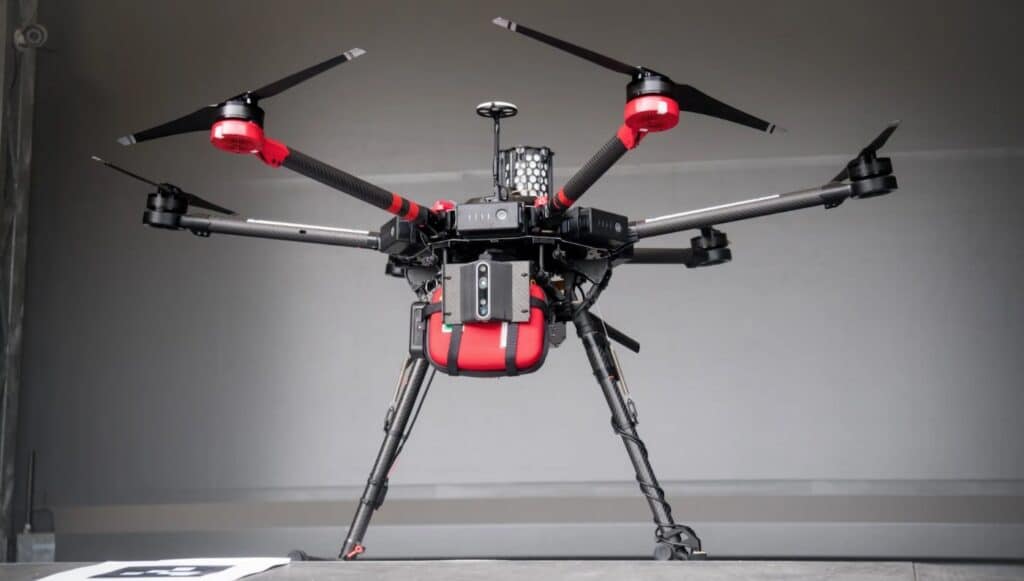
Categories
Recent Posts
- THIS INSPIRED MESeptember 10, 2022
- I DON'T ALWAYS LOVE WHAT I DOSeptember 10, 2022
- I LEARNED THESE 5 THINGS FROM MY DAUGHTER AT ROLLER DERBYSeptember 10, 2022
- THIS INSPIRED ME

A 71-year-old Swedish man “can’t put into words” how thankful he is for the new technology that quickly flew him into the small category of only ten percent of people who survive sudden cardiac arrest.
The man has now made a speedy recovery, after the speedy delivery of a defibrillator—via autonomous drone.
The company behind the drone pilot project says it’s the first time in medical history, a drone has played a crucial part in saving a life during a cardiac arrest.
He was in his driveway shoveling snow in the Swedish city of Trollhättan in December, when the attack occurred.
Normally, you have about ten minutes to get help in such a situation and ambulance response times are often too long to save the life of the patient.
Luckily, a telephone call was immediately placed requesting emergency services and he lived in a region that had partnered with Everdrone’s innovative life-saving program called EMADE (Emergency Medical Aerial Delivery service).

EMADE drones deliver an automated external defibrillator (AED) to the scene—and the amount of time from the alarm until the AED was safely delivered at the doorstep of the incident address was just over three minutes.
Even more fortuitous, a doctor happened to be driving by and stopped to see if he could help.
“I was on my way to work at the local hospital when I looked out the car window and saw a man collapsed in his driveway and I immediately rushed to help”, says Dr. Mustafa Ali. “The man had no pulse, so I started doing CPR while asking another bystander to call 112 (the Swedish emergency number). Just minutes later, I saw something flying above my head. It was a drone with a defibrillator!”
After the initial treatment on site, the ambulance arrived, the patient was rushed to the hospital.
“This is a truly revolutionary technology that needs to be implemented all over,” said the patient who now has made a full recovery and returned home. “If it wasn’t for the drone I probably wouldn’t be here.”
The drone carries an ultralight Schiller FRED easyport defibrillator, which can be used by any bystander.
The drone delivery system in Region Västra Götaland was developed and is operated by Everdrone, a world-leading company in autonomous drone solutions, in close collaboration with Center for Resuscitation Science at Karolinska Institutet and SOS Alarm.

“This is an excellent real-world example of how Everdrone’s cutting-edge drone technology, fully integrated with emergency dispatch, can minimize the time for access to life-saving AED equipment”, says Mats Sällström, CEO of Everdrone.
275,000 patients in Europe and 350,000 in the US, suffer from OHCA annually. Approximately 70% of OHCAs occur in private homes without AEDs on site. The company says the chance of survival decreases by 7–10% with each minute following the collapse—and consequently, the current survival rate among OHCA patients is merely 10%.
Source: GoodNewsNetwork